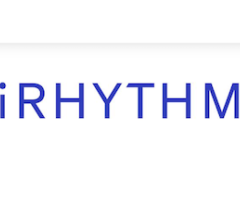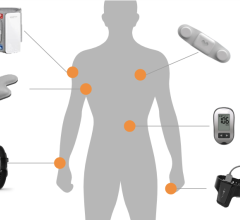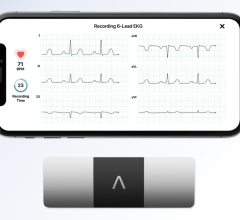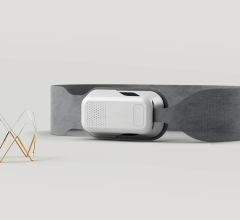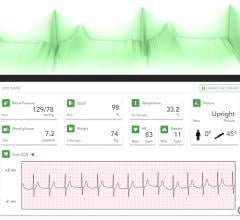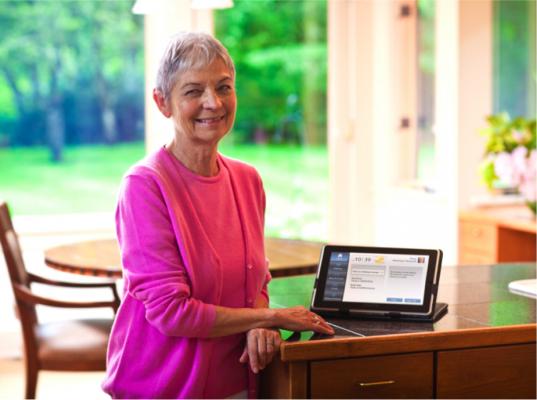
October 14, 2014 — In partnership with Intel-GE Care Innovations, Cigna-HealthSpring is expanding its population health program that utilizes interactive tablets – the Intel-GE Care Innovations Guide – and virtual connection to Cigna-HealthSpring nurse practitioners to partner and engage with patients diagnosed with congestive heart failure (CHF) to successfully manage their condition at home. Based on a successful pilot in middle Tennessee that engaged 50 patients, the innovative remote patient management program is now being implemented with 250 patients statewide with potential for further expansion.
Under the expanded program, participating Cigna-HealthSpring customers will be given a blood pressure cuff, scale and interactive tablet for a minimum of 90 days which will enable them to interact virtually with their Cigna-HealthSpring nurse practitioner, track their daily biometrics and complete an educational program to help them manage their CHF at home. Once they achieve specific milestones, participants will transition away from the tablet to a less intensive program where they will continue to monitor and log their weight and blood pressure with the help of a case manager. At the end of the program, customers should be able to recognize symptoms of CHF exacerbation and understand the impact of diet, education and medication on their condition. To participate in the program, customers must have received a CHF diagnosis and had a previous ER visit or hospital admission. There is no cost to the customer to participate in the program but using the tablet requires a landline or Internet connectivity.
“We have seen dramatic reductions in the need for hospitalization in our first year of the program pilot with Cigna-HealthSpring. We also recently worked with many hospitals across the country to create successful remote care management programs and have seen as high as a 75 percent reduction in hospital readmissions,” said Sean Slovenski, CEO of Intel-GE Care Innovations.
Cigna-HealthSpring customer success examples:
When Elizabeth*, 74, started the program her blood pressure was extremely high, she was overweight and she had struggled with hospital admissions due to CHF complications. Since starting the program, she has lost 25 pounds, consistently had her blood pressure and heart rate in a healthy range and avoided the hospital. She says the program has helped give her better awareness of her condition and made her realize the positive impact she can make from simple daily monitoring of her biometrics. Elizabeth’s improvement has also helped her husband, who acts as her caregiver, gain more comfort and assurance that she has personal and direct access to her Cigna-HealthSpring nurse practitioner.
Margery*, 72, had struggled with controlling her CHF and frequently found herself in the hospital. Cigna-HealthSpring worked together with her cardiologist to enroll her in the program and create a personalized care plan to better manage her CHF. She says she now knows what to do and the program has helped educate and empower her to take better care of her herself and control her CHF. The program has helped her improve her biometrics, avoid the hospital for CHF-related complications and allowed her nurse practitioner to intervene early to prevent CHF exacerbation or a trip to the hospital.
CHF is a chronic condition that affects 5.1 million people in the United States and costs Medicare $17.4 billion per year in avoidable hospital readmissions. A companion piece to a recent study by Dartmouth University listed some of the reasons for hospital readmissions regardless of the condition, including patients not fully understanding their condition and being confused about medications.
*Names changed for privacy.
For more information: www.cignahealthspring.com, www.careinnovations.com

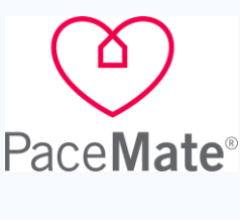
 September 16, 2025
September 16, 2025 


